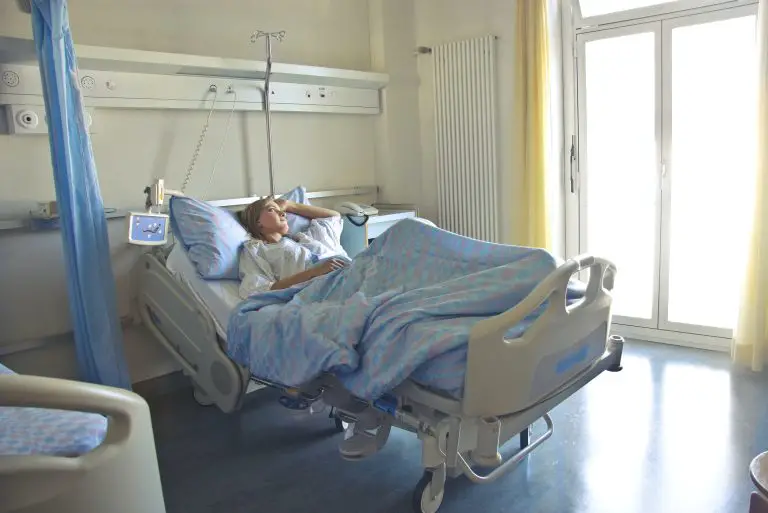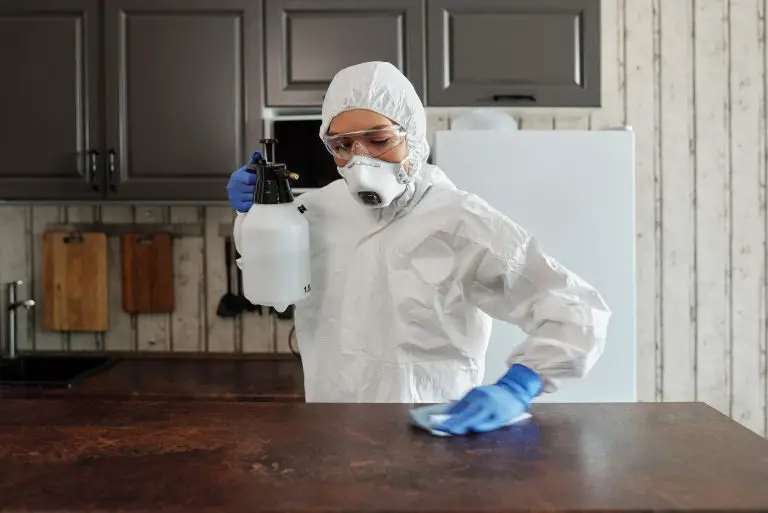Healthcare Industry
In today’s world, more than ever before, the healthcare industry is met with unexpected challenges that affect how they care for their patients. One of the greatest challenges is controlling the spread of infections, which is why it’s essential for healthcare professionals to seek training on infection control. In this blog post, we will cover the importance and benefits of this training, what you need to know about hospital-acquired infections (HAIs), and what the World Health Organisation (WHO) has to say about it.
Hospital-Acquired Infections
HAIs are infections that occur in patients while they are receiving medical attention in a healthcare facility. This could result from bacteria, fungi, viruses, or any other pathogens that spread through contact, droplets, or the air. HAIs cause an enormous burden on healthcare systems, a significant increase in healthcare costs, and at worst, can cause fatalities for those who are more vulnerable. Infection control training teaches healthcare workers how to spot these infections, prevent the spread, and respond rapidly in the instance of an outbreak.
Healthcare Providers
The WHO has joined hands with healthcare providers globally to promote the “Cleaner Care Is Safer Care” initiative. It’s a pact that focuses on reducing adverse events in healthcare practices by providing a guide that outlines the necessary steps and precautions to take to ensure patient safety. The idea behind this is to create standardized protocols for infection control throughout different regions worldwide, which will ultimately save lives.
Hand Hygiene
Hand hygiene also plays a vital role in the battle against HAIs. Hand washing is one of the most fundamental skills that healthcare professionals must master. Proper hand hygiene and hand washing techniques, in line with the strategies for the control of Antimicrobial Resistance in Ireland (SARI) regulations, will help prevent the spread of infections.
Training Sessions
Training sessions provide participants with a practical demonstration on how to wash their hands effectively. This practical session enables healthcare providers to see which areas of their hands they often miss so that they can become better prepared when dealing with infectious situations.
It’s worth noting that alcohol hand gels are effective but shouldn’t replace hand washing as soap and water have been scientifically proven to be more effective in reducing the spread of pathogens.
Training Course
Additionally, infection control training covers waste management and decontamination issues. Healthcare facilities produce a lot of waste, and it’s critical that this waste is disposed of correctly. Dumping wastes irresponsibly poses a risk to the very people that healthcare professionals aim to protect.
Personal Protective Equipment
Personal protection is also essential in every healthcare facility. Healthcare providers will require different Personal Protective Equipment (PPE) depending on their work environment. Training will cover what PPE to use and when.
Lastly, training sessions tackle what to do and how to report needlestick injuries or any other occupational health injury/accident. In the instance that an exposure occurs, healthcare workers must know how to respond to this quickly and effectively. Infection control training equips participants with the necessary knowledge on how to report and follow up on these incidents, ensuring that everyone is protected.
Conclusion
In conclusion, infection control training and knowledge is essential to any healthcare facility. It equips healthcare providers with the knowledge needed to contain the spread of infections, reduce healthcare costs, and most importantly, save lives.
Hopefully, this post has highlighted the importance of infection control and why training is necessary to keep everyone safe. Training programs help to create standardized protocols and guidelines healthcare providers can follow to ensure that their patients receive the highest quality of care possible.








